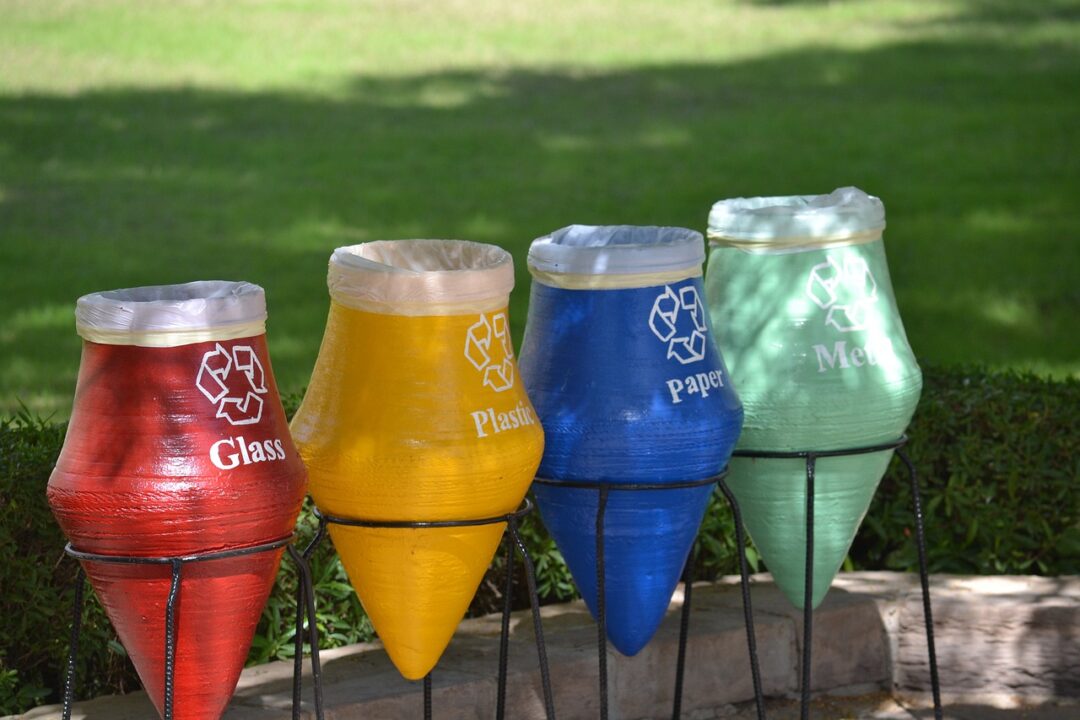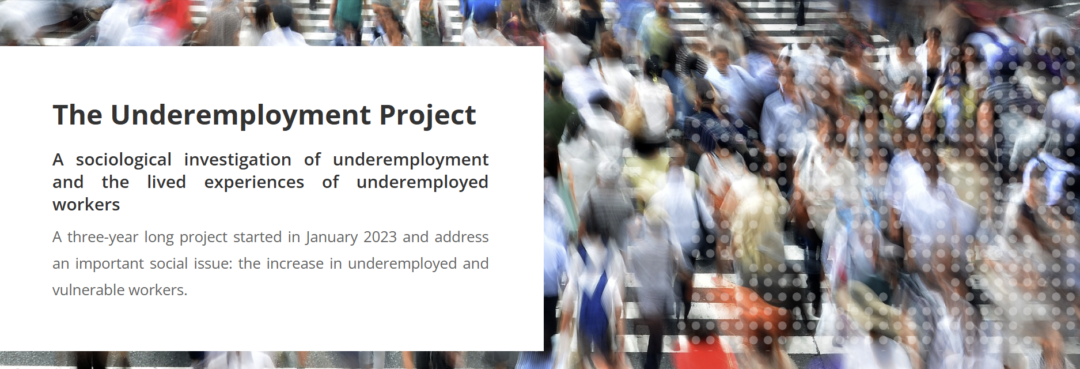
Embedding circular economy principles into public procurement of net zero solutions
Embedding circular economy principles into public procurement of net zero solutions
Researcher in Residence: 40 new world class research projects confirmed by the Innovation Launchpad Network+
The UK is in the process of reforming its procurement policy, as set out in its Green Paper on Transforming Public Procurement, which will deliver a new regulatory framework. In September 2020 the government adopted a Procurement Policy Notice (PPN 06/20) which required that social value is explicitly evaluated in all central government procurement, including requirements linked to fighting climate change. While the PPN does not directly apply to local authorities, it provides useful strategic direction of what will be required at the local level. In June 2021 the Cabinet Office published the National Procurement Policy Statement (Action Note PPN 05/21) which includes one main change concerning a mandate for local authorities. Contracting local authorities should consider social value outcomes alongside any additional local priorities in relation to tackling climate change and reducing waste. It appears that the inclusion of net zero considerations in procurement decision-making will acquire a new legal and policy dimension at the local level.
There are, however, several challenges to be addressed before and during the implementation of this new procurement framework. There is still no clear guidance on how these new requirements will be embedded into local procurement decision-making. New guidance is expected to be issued only in late 2023. Research implemented by Energy Systems Catapult identified that local authorities’ public procurement processes and culture need substantial change to be aligned with the national and international net-zero ambition. Similarly, a Connected Places Catapult’s report points out that much more needs to be done around government policy, stakeholder engagement and capacity building for procurement in the UK to become a key driver of innovation and sustainable growth.
This project will support local authorities’ transition towards green public procurement by identifying barriers for the inclusion of net zero considerations in procurement decision-making, and by proposing an implementation framework that aids local authorities to overcome the identified barriers. Ultimately, this research will support local authorities in the process of embedding circular economy principles into procurement of net zero solutions. Despite this explicit connection between green public procurement and circular economy, research shows that their integration might not be yet achieved (Fuertes Giné et al., 2022). Our research will contribute to the stream of literature looking at closing this gap, as well as public procurement professionals looking at sourcing net zero solutions in the transport sector.







